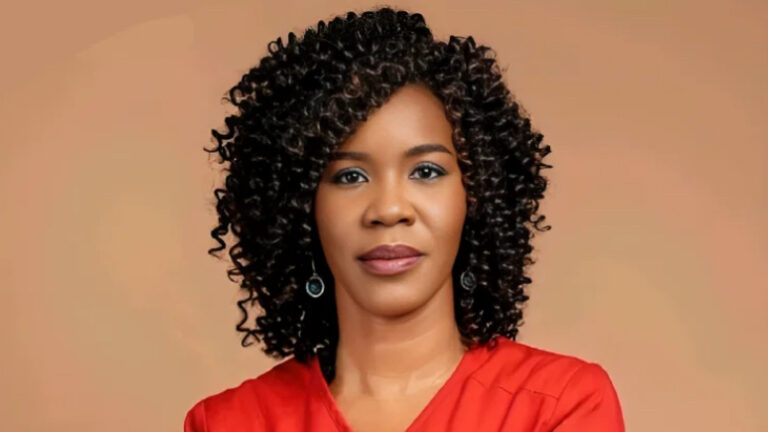Miriam Mutebi posted the following on LinkedIn:
“The COVID-19 pandemic exposed Africa’s vulnerability in relying on imported medical supplies.
For example, colon cancer patients faced a severe shortage of stoma bags, forcing many to use makeshift solutions like kangas and shukas—an undignified and unsafe alternative. This shortage reflects a broader issue: Africa’s heavy dependence on external sources for health products.
Currently, most medications and health products in Africa are imported, and while some countries may package drugs manufactured elsewhere, few countries in sub-Saharan Africa manufacture essential medicines at scale.
Between 2020 and 2040, cancer incidence and deaths are projected to rise more in Africa than in any other region, underscoring the urgent need for local manufacturing to lower costs and improve access to care. Yet, despite this need, Africa lacks the infrastructure and policy support to build a robust pharmaceutical manufacturing industry.
The continent continues to face numerous challenges, including limited working capital, regulatory misalignments, and tariffs on raw materials.
Monoclonal antibodies (immunotherapies), now the first-line treatment for certain cancers worldwide, offer targeted therapies, often replacing or complementing chemotherapy. For instance, the best outcomes in treating triple-negative breast cancer come from combining chemotherapy and immunotherapy.
Unfortunately, if patients cannot afford these treatments or they are unavailable, they receive suboptimal care. Initiatives like the African Medicines Agency (AMA), a branch of the African Union, and private companies such as Bio Usawa are working to improve access to these life-saving drugs and targeted therapies.
Africa has also seen a rise in low-quality generic drugs, contributing to avoidable deaths.
Certainly, local manufacturing could be a game-changer for Africa, lowering healthcare costs and ensuring more reliable access to essential medicines. Countries like India have lowered healthcare costs by producing medicines locally, a model Africa could adopt to make cancer treatments and health products more accessible and affordable.
To address these supply-side challenges, Africa must remove tariffs, enhance quality control, and align regulatory frameworks to support local manufacturing.
By investing in this sector, Africa can reduce its dependence on imports improve patient care, and address the continent’s growing and unmet medical needs.”
Source: Miriam Mutebi/LinkedIn
Miriam Mutebi is a Breast Surgical Oncologist and Assistant Professor in the Department of Surgery at the Aga Khan University Hospital in Nairobi, Kenya. She is also the Vice-President of East Africa of the African Organization for Research and Training in Cancer (AORTIC), treasurer for the Kenya Society of Hematology and Oncology (KESHO) and on the Board of Directors of the Union for International Cancer Control (UICC).


